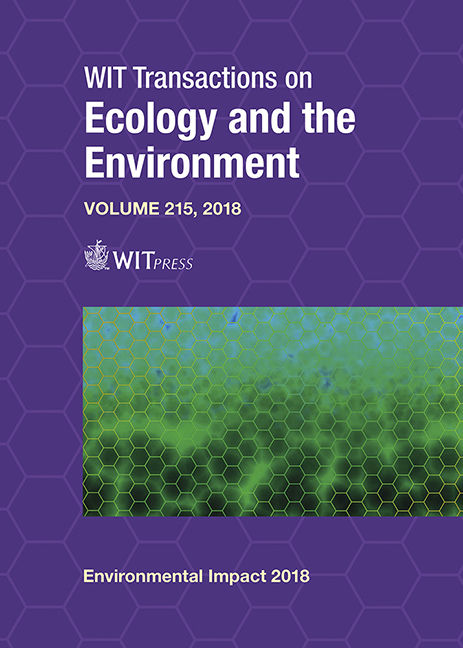ALTERNATIVES FOR THE EFFICIENT MANAGEMENT OF SOCIAL AND ENVIRONMENTAL COMPONENTS IN HYDROCARBON PROJECTS: TECHNICAL INSTRUMENTS FOR MAKING MANAGEMENT DECISIONS
Price
Free (open access)
Transaction
Volume
215
Pages
12
Page Range
207 - 218
Published
2018
Paper DOI
10.2495/EID180191
Copyright
WIT Press
Author(s)
CLAUDIA L. LONDOÑO CASTAÑEDA, MÓNICA T. HERRERA
Abstract
The development of hydrocarbon projects in areas of special interest in the presence of ethnic groups, as well as the possible negative impact on biodiversity and services of strategic ecosystems represents a challenge and an opportunity for the implementation of technical instruments accompanying entrepreneurs and competent authorities in improved social, economic, and environmental management of both positive and negative impacts. This paper presents the results of the construction of a system of indicators to manage both positive and negative impacts on hydrocarbon projects in areas of special interest due to their biodiversity and/or the presence of ethnic groups. The investigation had the active participation of the lawyer and the geologist of MOMPOS Oil and Co., with whom a collaboration agreement was signed in 2015–2016. The main objective of the proposed indicators is to guide decision-making regarding the project, identifying the main factors that will compromise the development because they will require a greater investment in compensation issues for biodiversity loss; conflict with armed groups, presence of illicit crops in the territory and prior consultation processes in territories of ethnic groups recognized by law. The proposal of resulting indicators reflects the major management requirements of both business and the various authorities involved in the management of these projects. Particularly in the regions where these projects are advanced, given that the project approach is to orient measures of environmental and social management required in the existing regulatory framework.
Keywords
validation and management of socioeconomic and environmental impacts, ecosystem services, territorial planning and land use and management, ethnic groups





